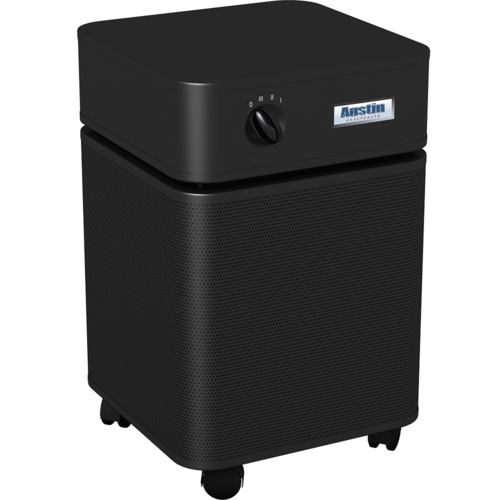Bronchitis

Bronchitis Treatment: When should you see a doctor?
By Dr. Kristie
Are you coughing, wheezing, and running a fever? These are three of the most common signs and symptoms of bronchitis. Acute bronchitis is a condition that often occurs in the winter months when people spend more time indoors and is most commonly caused by a virus.
Bronchitis Symptoms
The symptoms of bronchitis – the cough and sputum production – usually subside within ten days; but in some unfortunate people the cough can stick around for several weeks or months.
Most people can treat the symptoms of bronchitis at home, but in some cases medical attention may be necessary. When should you see a doctor for bronchitis treatment?
If You Have a High Fever
Most people with the signs and symptoms of bronchitis have a low-grade fever. If you have a temperature of 101 degrees Fahrenheit or higher, see a doctor since a high fever can be a sign of pneumonia or influenza - both of which can have symptoms similar to bronchitis. Many types of pneumonia are caused by bacteria and will need antibiotic therapy and close monitoring.
If You Have Other Serious Symptoms
If you’re having chest discomfort when you breathe, shortness of breath, severe wheezing, or coughing up blood, see your doctor. These can be signs of pneumonia, tuberculosis, or other conditions that require immediate treatment.
If You’re a Smoker
People who smoke are more susceptible to bacterial forms of acute bronchitis and may need antibiotic therapy. Smoking alters the architecture of the lungs making it more difficult for a smoker to clear out bacteria and viruses. It also predisposes them to more severe infections.
If You Have Other Medical Problems
If you have heart disease, asthma, diabetes, and particularly if you have lung disease, it’s important to see a doctor. You’ll most likely need a chest x-ray and closer monitoring to rule out pneumonia. If there’s underlying lung disease, severe breathing problems can develop.
If You’re Not Getting Better
If the cough, congestion, wheezing, or fever won’t seem let up, it’s time to schedule an appointment. In some cases, the cough will persist even after the infection is gone. This is because residual inflammation remains in the previously infected airways. In cases where the cough won’t go away, your doctor may recommend a short course of prednisone.
The bottom line?
Not every case of acute bronchitis needs a doctor’s visit, but if you fall into any of these categories, make an appointment to see your doctor.
About the Author
She is a Medical Doctor with a concentration in Family Practice. She also has an undergraduate degree in both Biology and Psychology and masters in Clinical Pathology.
Testing
Featured
Austin Air Purifier
Remove Allergens like:
- Bacteria, Dust Mites, Gases
- Mold Spores & Pet Dander
- Pollen, Smoke & Viruses
- VOC's & more...
A 360-degree Air Filtration System
Allergy & Asthma Friendly
Order Now >>




